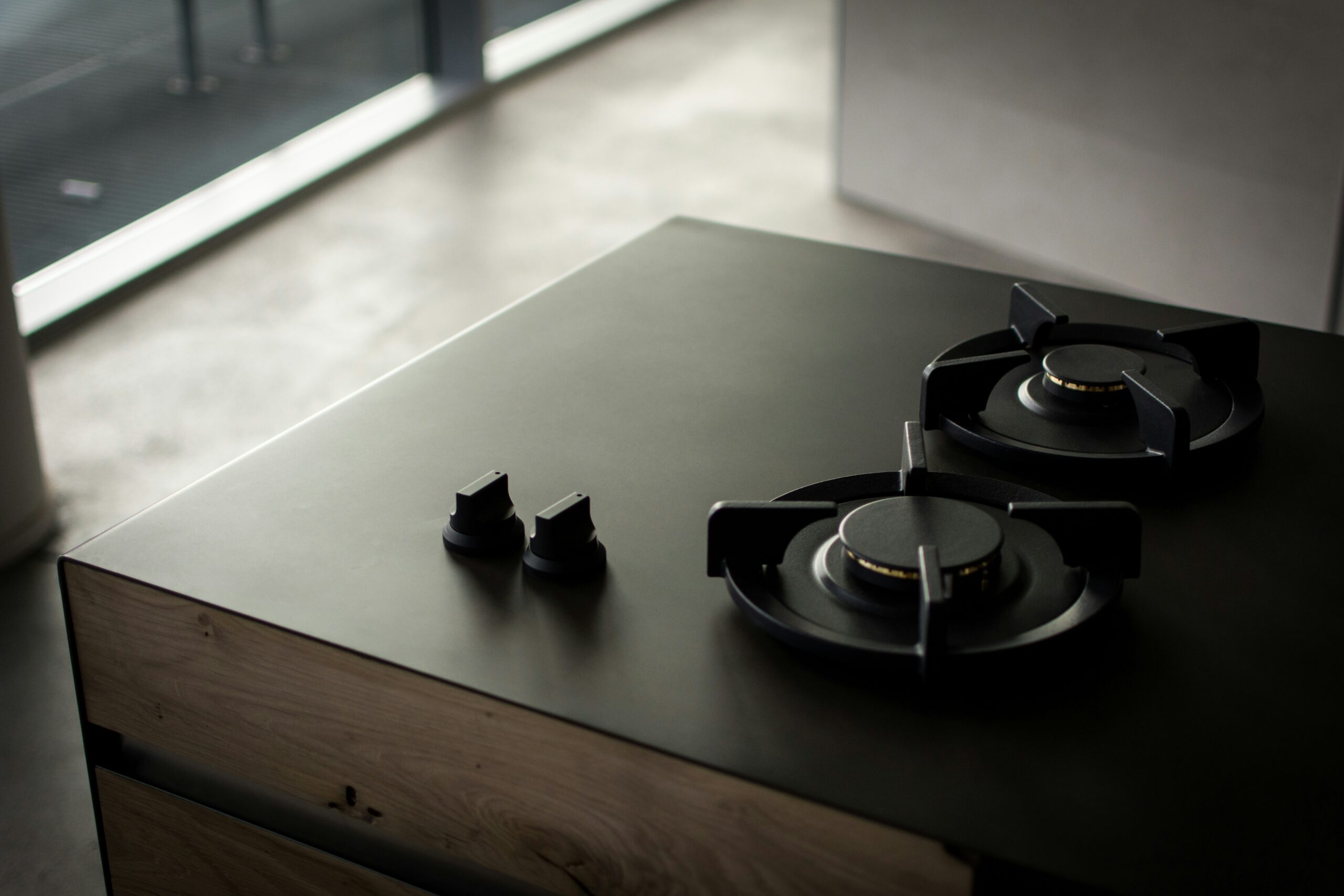Getting in better shape involves a combination of regular physical activity, proper nutrition, adequate sleep, and positive mental habits. Below is an extensive guide divided into sections to help you understand and implement these components effectively.
Getting in better shape is a holistic process that involves more than just hitting the gym. It requires a balanced approach that includes physical activity, proper nutrition, mental well-being, and adequate rest. This guide aims to provide you with the knowledge and tools necessary to embark on a successful fitness journey.
Understanding Physical Fitness
Physical fitness is the ability of your body systems to work together efficiently to allow you to be healthy and perform activities of daily living. Being efficient means doing daily activities with the least effort possible.
The benefits of physical fitness are vast and include improved cardiovascular health, increased muscle strength and endurance, better flexibility and mobility, enhanced mental health and mood, lower risk of chronic diseases, improved body composition, better sleep quality, and increased energy levels.
Setting Goals
Setting goals gives you direction and a sense of purpose. It helps you stay focused and motivated throughout your fitness journey.
To set effective fitness goals, use the SMART criteria: Specific (clearly define what you want to achieve), Measurable (ensure your goal is quantifiable), Achievable (set realistic goals), Relevant (align your goals with your personal values and long-term objectives), and Time-bound (set a deadline to achieve your goals).
Exercise
There are several types of exercise, each with its own benefits. Cardiovascular training improves heart and lung health, strength training builds muscle and increases metabolic rate, flexibility and mobility exercises enhance range of motion and reduce injury risk, and balance and coordination exercises improve overall physical stability and function.
A well-rounded workout routine should include all the types of exercise mentioned above. Consider your fitness level, goals, and schedule when designing your plan. Aim for at least 150 minutes of moderate aerobic activity or 75 minutes of vigorous activity each week, combined with muscle-strengthening activities on two or more days a week.
Examples of cardiovascular exercises include running or jogging, cycling, swimming, walking, and HIIT (High-Intensity Interval Training). Strength training exercises include weight lifting (free weights, machines), bodyweight exercises (push-ups, squats, lunges), resistance band exercises, and plyometrics (jump training). Flexibility and mobility exercises include stretching (static and dynamic), yoga, Pilates, and foam rolling.
Incorporate a mix of cardiovascular, strength, flexibility, and mobility exercises into your routine. For instance, you might do cardio on Monday, Wednesday, and Friday, strength training on Tuesday and Thursday, and flexibility exercises daily.
Nutrition
Proper nutrition is essential for fueling your workouts and supporting recovery. Focus on a balanced diet that includes a variety of foods.
Macronutrients (carbohydrates, proteins, and fats) provide energy and are essential for bodily functions, while micronutrients (vitamins and minerals) are crucial for overall health and bodily functions.
Create a healthy eating plan by choosing complex carbs like whole grains, vegetables, and legumes; including lean meats, fish, eggs, dairy, and plant-based proteins; focusing on healthy fats from sources like avocados, nuts, seeds, and olive oil; aiming for a variety of colors in fruits and vegetables to ensure a range of nutrients; and drinking plenty of water throughout the day, aiming for at least 8 cups (2 liters) of water daily.
Rest and Recovery
Adequate sleep is critical for recovery and overall health. Aim for 7-9 hours of quality sleep per night.
To improve sleep, maintain a consistent sleep schedule, create a relaxing bedtime routine, limit exposure to screens before bed, and ensure your sleep environment is comfortable and conducive to rest.
Recovery strategies include active recovery (engaging in low-intensity activities like walking or yoga), massage and foam rolling (to help alleviate muscle soreness and improve circulation), proper nutrition (to support recovery), and hydration (drinking plenty of water to aid in recovery processes).
Mental and Emotional Health
Stress can negatively impact your fitness journey. Incorporate stress management techniques such as meditation, deep breathing, and hobbies you enjoy.
A positive mindset can enhance your motivation and consistency. Practice self-compassion, set realistic expectations, and celebrate small victories.
Staying motivated can be challenging. Find what inspires you, whether it’s a workout partner, a new fitness class, or a rewarding goal. Consistency is key, so stick to your routine even on days when motivation wanes.
Monitoring Progress
Keep a fitness journal or use apps to track your workouts, nutrition, and progress. Regularly assess your goals and adjust them as needed.
As you progress, your fitness needs may change. Be flexible and willing to adapt your routine to continue challenging yourself and avoiding plateaus.
FAQs About How To Get In Better Shape
How often should I exercise each week to get in better shape?
Aim for at least 150 minutes of moderate aerobic activity or 75 minutes of vigorous activity each week, combined with muscle-strengthening activities on two or more days a week.
What are the best types of exercise for overall fitness?
A mix of cardiovascular training, strength training, flexibility and mobility exercises, and balance and coordination exercises is ideal for overall fitness.
Can I lose weight by just exercising?
While exercise is important for weight loss, it should be combined with proper nutrition for the best results.
What is the importance of warm-up and cool-down exercises?
Warming up prepares your body for exercise by increasing blood flow and muscle temperature, while cooling down helps reduce muscle soreness and prevent injury.
How can I stay motivated to work out regularly?
Find what inspires you, such as a workout partner, new fitness classes, rewarding goals, or tracking your progress. Consistency is key.
What should I eat before and after a workout?
Before a workout, eat a balanced meal with carbs and protein. After a workout, focus on protein and carbs to aid in recovery.
How much water should I drink daily?
Aim for at least 8 cups (2 liters) of water daily, and more if you’re active or in hot climates.
What are the benefits of strength training?
Strength training builds muscle, increases metabolic rate, improves bone density, and enhances overall physical function.
How can I improve my flexibility?
Incorporate stretching exercises, yoga, or Pilates into your routine regularly to enhance flexibility and mobility.
What is the role of sleep in physical fitness?
Adequate sleep is crucial for recovery, muscle growth, and overall health. Aim for 7-9 hours of quality sleep per night.
How can I manage stress to improve my fitness journey?
Practice stress management techniques such as meditation, deep breathing, and engaging in hobbies you enjoy.
What are some effective cardio exercises?
Effective cardio exercises include running, jogging, cycling, swimming, walking, and HIIT (High-Intensity Interval Training).
How do I create a balanced workout routine?
Include a mix of cardiovascular, strength, flexibility, and mobility exercises, tailored to your fitness level, goals, and schedule.
Can I get in better shape without going to the gym?
Yes, you can perform bodyweight exercises, outdoor activities, and home workouts to improve your fitness.
What is HIIT, and why is it effective?
HIIT (High-Intensity Interval Training) involves short bursts of intense exercise followed by rest. It’s effective for improving cardiovascular health and burning calories.
How important is nutrition in getting in better shape?
Nutrition is crucial for fueling workouts, supporting recovery, and achieving overall health and fitness goals.
What are macronutrients, and why are they important?
Macronutrients (carbohydrates, proteins, fats) provide energy and are essential for bodily functions and overall health.
How can I track my fitness progress?
Keep a fitness journal or use apps to log your workouts, nutrition, and progress. Regularly assess and adjust your goals.
How do I prevent injuries while exercising?
Warm up before workouts, use proper form, progress gradually, and incorporate rest days to prevent injuries.
What are the benefits of a varied exercise routine?
A varied routine prevents boredom, reduces injury risk, and ensures balanced fitness by working different muscle groups.
How can I build muscle effectively?
Incorporate strength training exercises, progressively increase resistance, and ensure adequate protein intake for muscle growth.
What is the importance of rest days in a workout routine?
Rest days allow your muscles to recover and grow, reducing the risk of overtraining and injury.
How can I improve my cardiovascular health?
Engage in regular aerobic exercises like running, cycling, and swimming, and maintain a healthy diet.
What should I do if I hit a fitness plateau?
Change your workout routine, increase intensity, vary exercises, and reassess your diet to overcome plateaus.
How can I make my workouts more enjoyable?
Choose activities you enjoy, mix up your routine, listen to music or podcasts, and work out with friends.
How does strength training benefit women?
Strength training enhances muscle tone, increases metabolic rate, improves bone density, and boosts overall strength and confidence.
How can I incorporate exercise into a busy schedule?
Prioritize short, high-intensity workouts, incorporate physical activity into daily tasks, and schedule exercise like any other appointment.
What are the signs of overtraining?
Signs include persistent fatigue, decreased performance, frequent injuries, irritability, and difficulty sleeping.
How can I improve my mental health through exercise?
Regular exercise releases endorphins, reduces stress, improves mood, and enhances overall mental well-being.
What is the role of protein in fitness?
Protein supports muscle repair and growth, aids in recovery, and is essential for overall health.
How can I stay consistent with my fitness routine?
Set realistic goals, find activities you enjoy, track your progress, and create a schedule that fits your lifestyle.
What are the benefits of yoga and Pilates?
Both improve flexibility, core strength, balance, and mental relaxation.
How can I effectively warm up before a workout?
Perform light aerobic exercises and dynamic stretches to increase blood flow and prepare your muscles.
What is the importance of cool-down exercises?
Cool-down exercises help reduce muscle soreness, promote recovery, and prevent injury.
How can I balance strength training and cardio?
Alternate between strength and cardio days, or combine both in a single workout with HIIT or circuit training.
How do I choose the right workout intensity?
Start with a moderate intensity and gradually increase based on your fitness level and goals.
What are the best exercises for building core strength?
Effective core exercises include planks, crunches, Russian twists, leg raises, and Pilates movements.
How can I improve my diet for better fitness results?
Focus on whole foods, balance macronutrients, stay hydrated, and avoid processed foods and excessive sugars.
What role do vitamins and minerals play in fitness?
Vitamins and minerals support overall health, energy production, and recovery processes.
How can I stay fit while traveling?
Use hotel gyms, do bodyweight exercises, walk or bike to explore, and pack portable fitness equipment like resistance bands.
How do I maintain muscle mass while losing weight?
To maintain muscle mass while losing weight, incorporate strength training exercises, consume adequate protein, and avoid drastic calorie reductions.
What are some quick and healthy snack options for fitness enthusiasts?
Healthy snack options include Greek yogurt with fruit, nuts and seeds, protein bars, hummus with veggies, and boiled eggs.
How can I increase my stamina for long-duration activities?
Gradually increase the duration and intensity of your cardio workouts, incorporate interval training, and ensure proper nutrition and hydration.
What is the importance of hydration during exercise?
Proper hydration maintains bodily functions, regulates temperature, prevents cramps, and enhances overall performance during exercise.
How can I reduce muscle soreness after a workout?
Reduce muscle soreness by performing a proper cool-down, staying hydrated, eating a balanced diet, using foam rollers, and getting adequate rest.
What are some effective home workout equipment options?
Effective home workout equipment includes dumbbells, resistance bands, kettlebells, stability balls, and yoga mats.
How can I stay active during sedentary work hours?
Take short breaks to stand, stretch, or walk, use a standing desk, and incorporate quick exercises like squats or desk push-ups.
What are the benefits of group fitness classes?
Group fitness classes offer motivation, social interaction, variety, and expert instruction, making workouts more enjoyable and effective.
How does meditation complement physical fitness?
Meditation reduces stress, improves mental clarity, enhances focus, and can aid in recovery by promoting relaxation.
What are the key components of a balanced fitness plan?
A balanced fitness plan includes cardiovascular exercise, strength training, flexibility and mobility exercises, proper nutrition, rest and recovery, and mental well-being practices.
Conclusion
Getting in better shape is a comprehensive process that involves more than just exercise. It requires a balanced approach that includes proper nutrition, adequate rest, and mental well-being.
By setting SMART goals, creating a varied workout routine, maintaining a healthy diet, prioritizing sleep, managing stress, and tracking your progress, you can achieve and maintain better physical fitness. Remember, consistency and patience are key. Celebrate your progress, stay motivated, and enjoy the journey to a healthier, fitter you.


